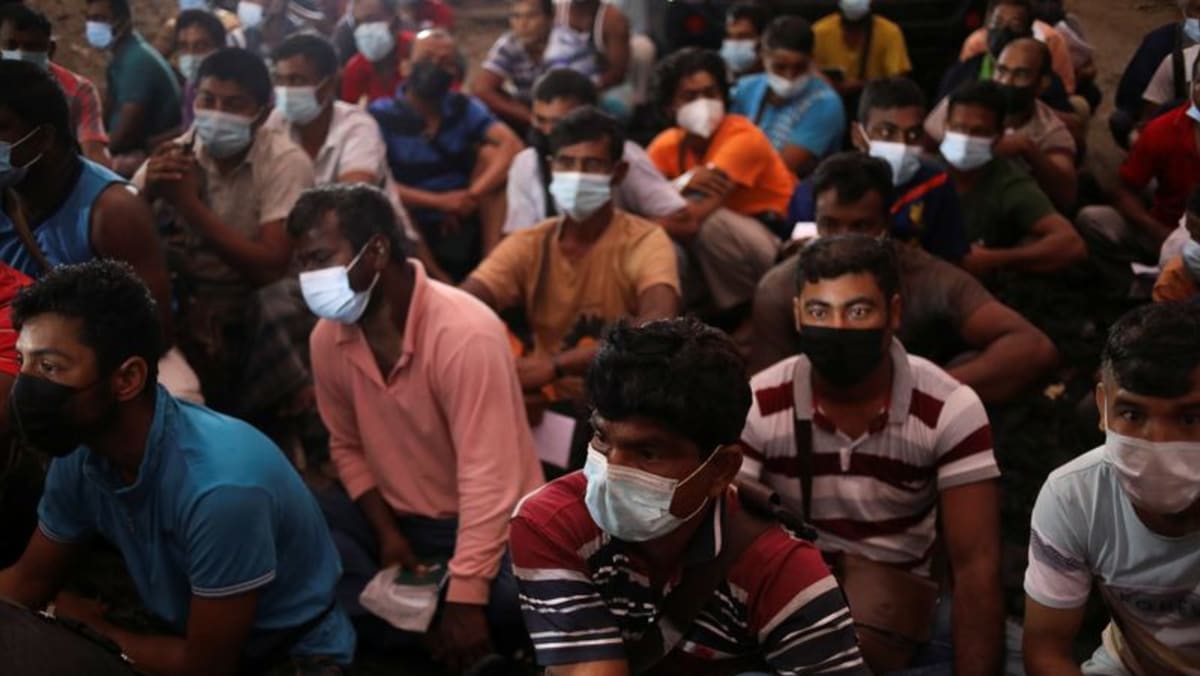Commentary: Amid graft probe in Malaysia, migrant labour reform becomes an urgent challenge for Anwar’s government

Since the early 1990s, Malaysia has been recruiting workers from a host of countries, beginning with Indonesia and the Philippines, before enticing labour from countries, such as Myanmar, Vietnam, Nepal, and India. But it is Malaysia’s conscription of Bangladeshi workers that continues to attract the most adverse public opprobrium and allegations of graft.
Exporting labour is big business in Bangladesh and the ties between the players that control the foreign recruitment chain in both countries are very strong.
There are reportedly more than 1,300 registered agents operating in Bangladesh and the bigger players among them have operations in Malaysia that deal directly with a private entity called Bestinet Sdn Bhd. Bestinet secured exclusive rights in 2013 to operate a foreign worker management system that supervises the movement of workers into Malaysia.
Typically, a single recruit pays roughly RM20,000 (US$4,500) to the cast of players in the convoluted recruitment process. The hefty fee is paid largely through loans that immediately lock workers into a debt bondage that can only be paid by working long hours and accepting poor living conditions.
A government appointed task force that was set up in 2018 to review foreign worker management observed that the entire system was riddled with mismanagement and corruption, reported The Edge Malaysia last month.
The recommendations for a complete overhaul to the Bestinet-managed Foreign Workers Centralised Management System were eclipsed in Malaysia’s subsequent political strife, which saw the change of three administrations before Mr Anwar took power in November.
Mr Santiago and other labour reform activists noted that the trade is extremely lucrative and runs into several billion dollars annually.
“The country is paying too high a price and nothing short of bringing down the current opaque system and replacing it with a more transparent straightforward process to recruit workers is what is needed,” Mr Santiago added.
Source: CNA















